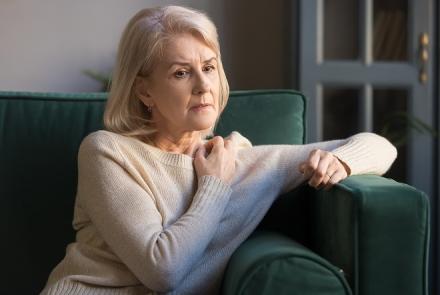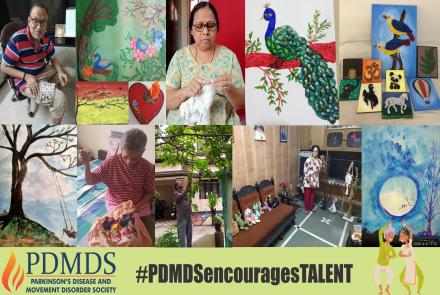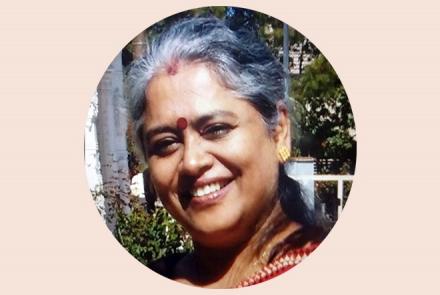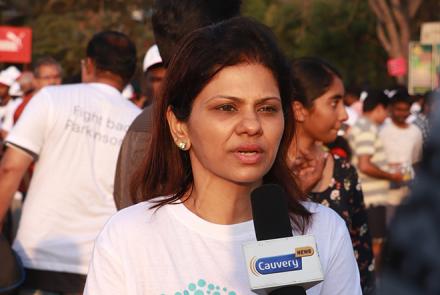
Tips for Caregivers
Dementia is a general term for decline in a person's mental ability that is severe enough to interfere with his/her daily life. It may involvememory loss, difficulties with thinking, problem-solving or language. Dementia is progressive, which means the symptoms will gradually get worse.
Even though most cases of dementia come from irreversible causes, there is still much that families can do to help their loved ones continue to function as well as possible for as long as possible.A lot of different techniques and strategies have been tried, some with more success than others.
Researchers, doctors, and eldercare professionals are still discovering and refining what works and what doesn't when it comes to dementia care.
Dementia Care Techniques
The most important thing to do is to encourage the person to stay independent for as long as possible.
Graded assistance combined with daily practice and positive reinforcement can go a long way to maintaining functional independence. Graded assistance is a method of helping someone accomplish a task with the least amount of aid possible, using a spectrum of assistance from verbal prompts to physical demonstration, physical guidance, partial physical assistance and complete physical assistance.
If there are times of day when the person is less confused or more cooperative, plan your routine to make the most of those moments. Keep in mind that the way the person functions may change from day to day, so try to be flexible and adapt your routine as needed.
Begin to plan for the future. This may include getting financial and legal documents in order, investigating long-term care options, and determining what services are covered by health insurance and Medicare.
Coming Up Next Week - Tips for Communication !
















